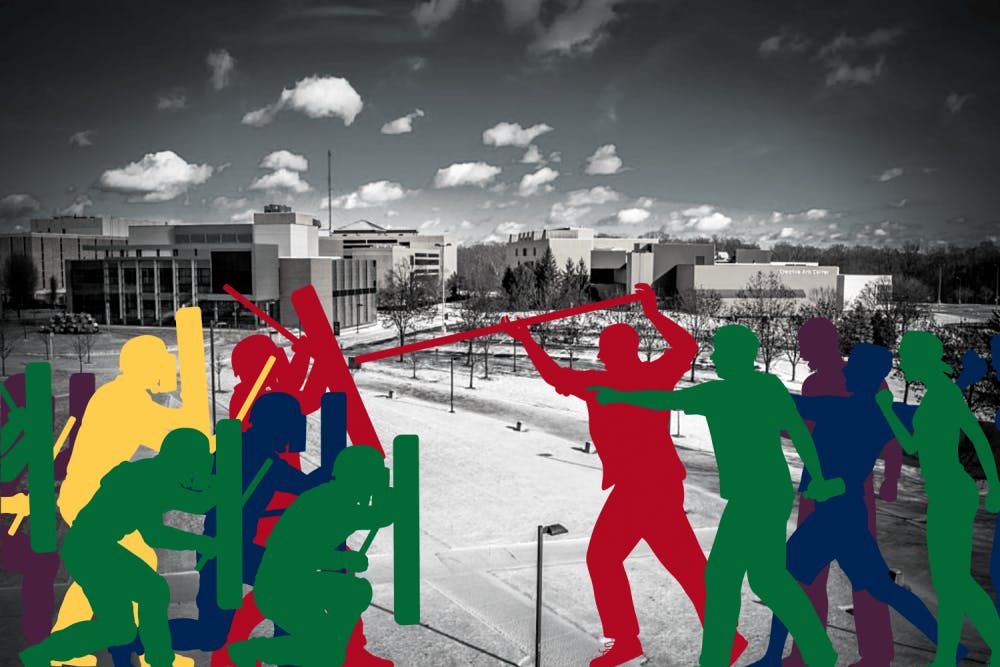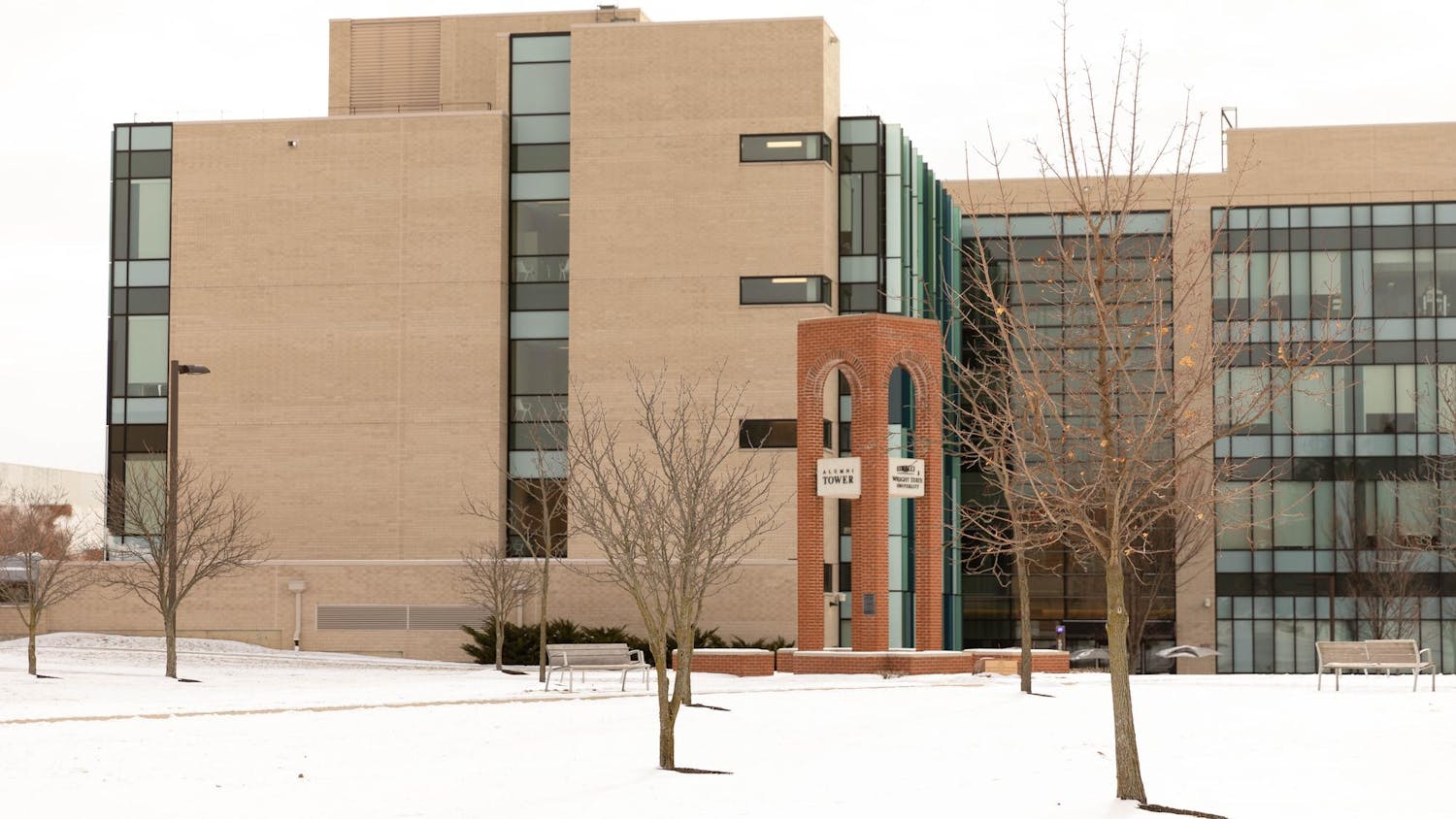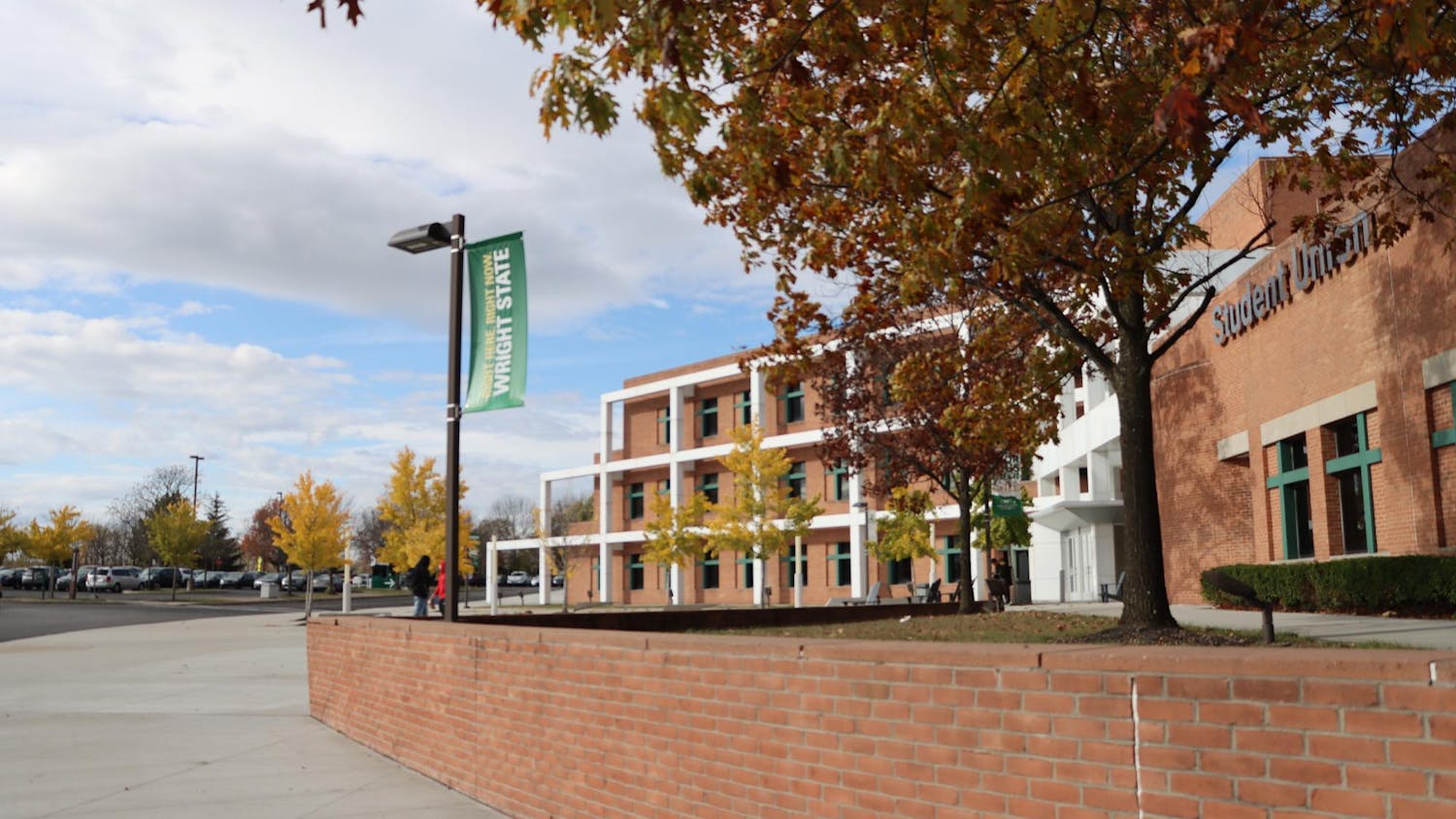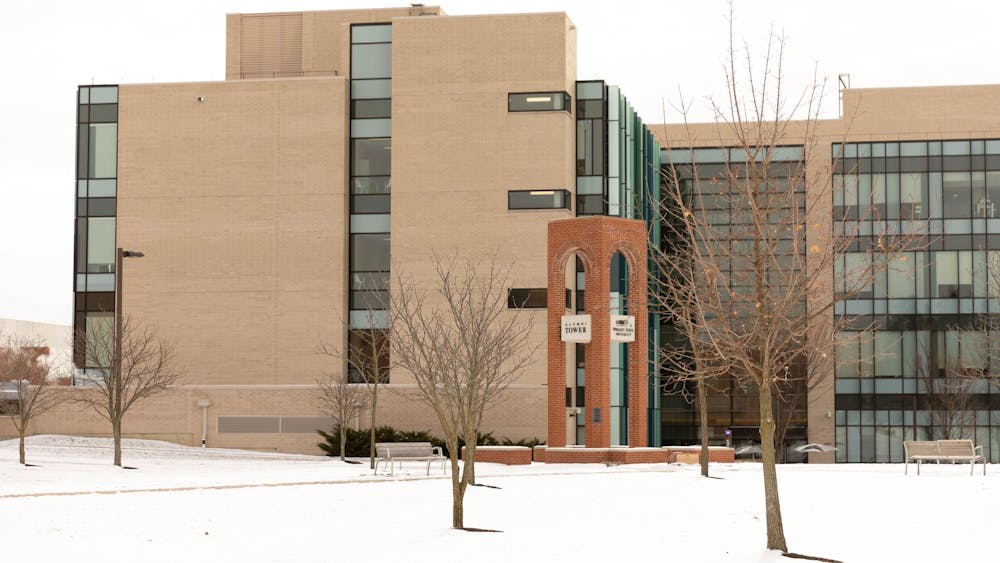Protest Awareness | The Wright State Guardian
Students for a Democratic Society and Progressive Student Coalition are holding a rally in solidarity with Gaza on Saturday, May 4, at the intersection of Colonel Glenn Hwy and Center Park Blvd. Across the U.S., over 50 college campuses are experiencing protests.
Who are SDS and PSC?
Students for a Democratic Society is a national anti-war organization founded in the 1960s. Earlier this year, A L Tassy and Christian Sanders founded the Wright State chapter after Hamas' attack on the Gaza Strip and the start of the Israel-Hamas war.
Progressive Student Coalition is a political education group on campus that seeks to introduce progressive ideas through discussion of relevant political topics.
SDS has struggled to get their organization off the ground and has merged with PSC to create one umbrella organization for both groups.
“SDS has merged with PSC because we ran into some difficulties getting registered with the university. They [The university] said there were too many political organizations,” Sanders said.
Both groups will be taking part in the rally on Saturday.
Goals for Saturday
Inspired by the recent increase of college protests, SDS and PSC are holding a rally in solidarity with Gaza. The rally will take place at 4 p.m. on Saturday, May 4, across from Wright State’s Main Campus at the intersection of Colonel Glenn Hwy and Center Park Blvd. About 20-50 people are expected to join, including students and community members.
At the rally, SDS and PSC are asking Wright State to fully divest from all weapons manufacturing companies, companies that have ties to Israel and to phase out ROTC from campus.
“We hope that we get the attention of our president, Sue Edwards. We hope that she wants to sit down with us [SDS] and listen to us talk about our ideas for divestment,” Sanders said.
SDS says they view ROTC’s presence on campus as antagonistic because ROTC holds weapons demonstrations and were involved in the September 15 active shooter scare. Instead, they believe that ROTC should be held off campus.
Wright State University Communications did not respond to inquiries about the rally.
Escalation
Student protests over the Israel-Hamas war have increased across the U.S. following arrests at Columbia University on April 18.
At several colleges, police have been called in to break up the protests and encampments. Students and their communities are worried about escalation of violence, citing past incidents such as the Kent State Shooting.
SDS and PSC are laying ground rules with protesters and establishing a non engagement policy with counter protestors.
“We don’t want to escalate anything against [counter protestors] them. If there is a police presence, we’re not going to attack them, but we also aren’t going to be scared by them, “ Sanders said.
The groups are not looking to bring violence to the Wright State campus. Instead, they are hoping to educate the community on the war.
“We are attempting to engage the sort of wider Dayton community as well as Wright State campus, to educate and send a message rather than any kind of large forceful display,” Nathan Mahaney, vice president of PSC, said.
The future of college protests
The last time the U.S. saw this much attention over protests on college campuses was about five decades ago.
“It’s been a long time really, since young people have been active about political issues. And so if nothing else, what it does is bring a lot of attention to this particular issue [Israel-Hamas War], which I would hope would lead people to start thinking about America’s position on this,” Dr. Anderson, a political science professor at Wright State, explains.
Wright State is largely a commuter school, so we do not see the same level of political discussion or activity on campus as other universities. For example, there are onlyfive official political groups on campus.
“I think it makes a huge difference what sort of campus you live on, ” Dr. Anderson said. “Political activity on Wright State’s campus is so close to zero.”
Other universities, such as Columbia University and Wesleyan University, see a higher political engagement among students; therefore, these are the universities that have large scale protests.
Both Columbia and Wesleyan University are ranked in the top 25 for the most politically active students, according to the Princeton Review.
“I think as long as this war is going on, there’s going to be protests,” Dr. Anderson said.






